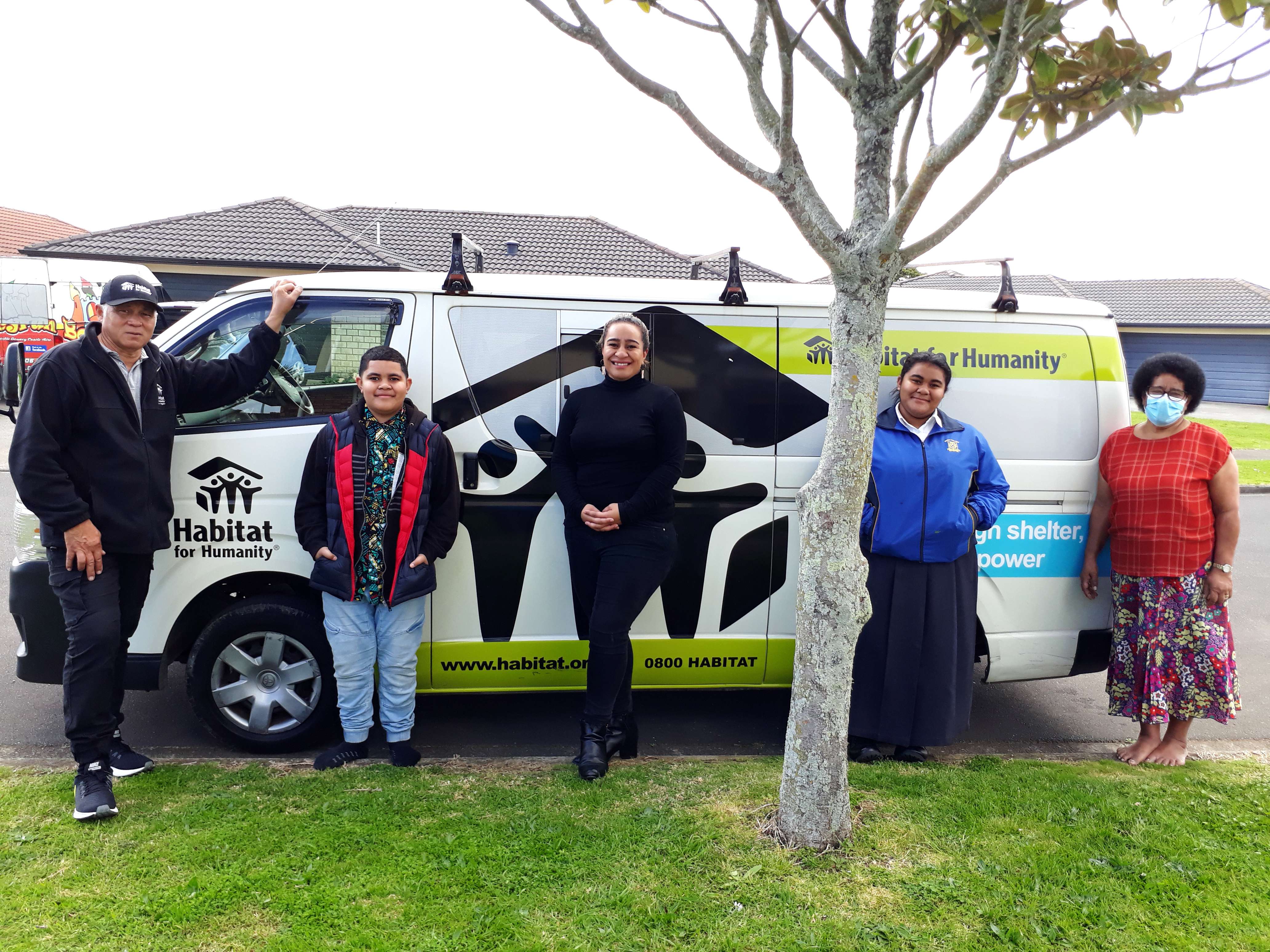Unhealthy homes are a big issue for New Zealanders. One in five are damp, according to Statistics NZ, and every year 15,000 babies and children in this country are admitted to hospital with serious respiratory illnesses, many the result of living in cold, damp houses.
Sorting out our housing may seem costly – double glazing and insulation don’t come cheap – but there are simple steps to make our homes warmer, including something as easy as having curtains that can prevent heat from escaping when they’re drawn.
More low-income households are being assisted to obtain suitable curtains and to take other heat-saving measures, thanks to a generous helping hand from energy provider Mercury and the Starship Foundation.
The two have worked closely together on various initiatives for nearly 20 years and along with their customers donations are contributing $365,000 to Habitat for Humanity, which runs a curtain bank service as part of the Healthy Homes Initiative, led by the Ministry of Health.
Start your property search
It’s the second year Mercury and the Starship Foundation have helped out, and this year the money will also go towards Winter Warmer packs that include heaters, blankets, devices called hygrometers that measure dampness, and draught stoppers.
Combined with the curtains, the packs can make homes much warmer, says Mercury’s chief marketing officer Julia Jack, and that’s important for good health.
“I was so surprised when I heard that 31% of heat in a home can be lost through windows that don’t have curtains,” says Jack. “That’s a lot, and yet something as simple as having the right curtains and keeping them closed can make a massive difference. We saw the difference the first phase of this programme made for many vulnerable families and children, and we are thrilled to support its extension. This project is very close to our hearts.”
The statistics about the number of children suffering as a result of substandard homes are worrying, she says. “They can end up really sick and that can have far-reaching consequences, including missing lots of schooling.”
Starship clinical director Dr Mike Shepherd says the hospital’s focus is on treating those children admitted with serious, and sometimes life-threatening respiratory illnesses, but they also recognise the need for initiatives to stop the youngsters getting sick in the first place.
“When we see repeated admissions exacerbated by living in cold, damp houses, we know that preventative measures to reduce the number of hospitalisations are needed urgently.”
In the last year, the curtain bank has supported 429 households by providing more than 4900 curtains. This year the Healthy Home Initiative is expected to help over 3000 children across the Auckland region.
Having homes that are warm and healthy is even more vital at the moment, given the world is experiencing a pandemic, points out Jack. While we’ve been doing a good job of keeping Covid-19 at bay in New Zealand, it’s particularly important now to protect more vulnerable people, especially those who are normally prone to respiratory illnesses.
People have spent more time at home this year because of lockdowns, which is not ideal if their houses are cold and damp. And job losses as a result of Covid may mean some struggle to pay electricity bills.
“We don’t want people, especially those on lower incomes or who are vulnerable, to be in a position where they feel like they can’t afford to use more electricity to keep their house warm,” says Jack.
That’s why Mercury is helping out with the curtain bank and Winter Warmer packs, and also why it offers tips on other energy-saving methods on its website, www.mercury.co.nz.

Photo / Supplied.
One of those who received curtains is Seini Smith, a mum who, with her 15-year-old daughter and 12-year-old son lives with her mother and father in Favona, Auckland.
“The curtains have really made such a difference,” she says. “We would go through winter with problems with sore throats one after the other, but the warmth in the house has significantly improved my children’s health. Although the curtains and winter packs were predominantly aimed at tackling the children’s health issues, it has made a positive difference for the whole family.”
Meanwhile Jack says often it is things that are rather subtle that can make a real difference. “Everyone knows about the classic things like switching off lights and not leaving your appliances like your TV on standby, but there are even more things you can do, like washing your laundry with cold water instead of warm. That can save you about 40c a load. And driers are very energy hungry – it’s about $1 for every load you do. Every bit can help.”


